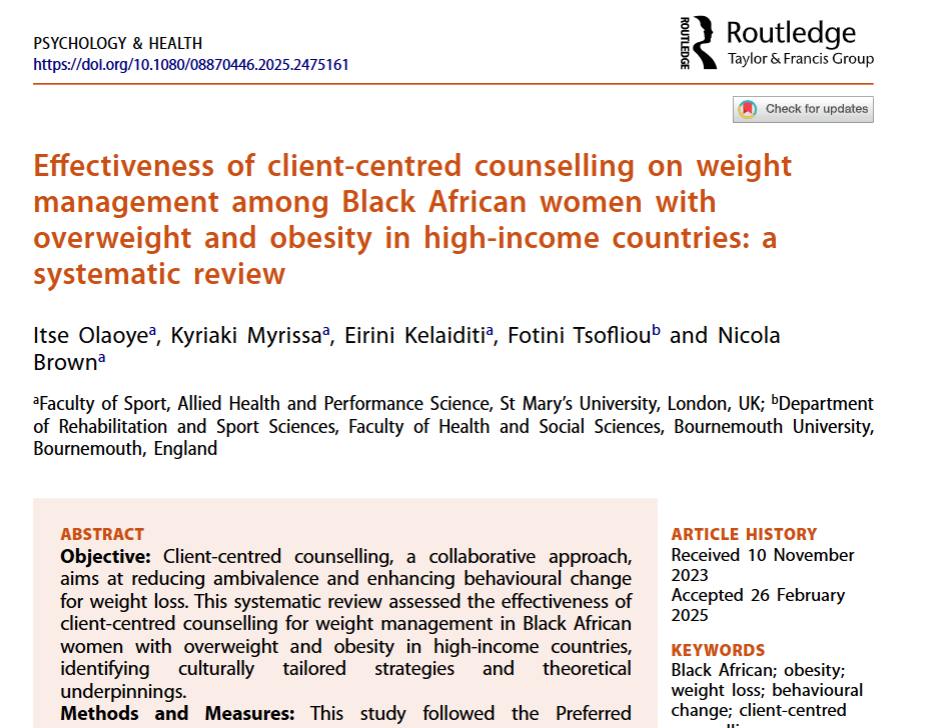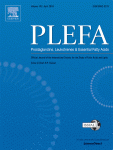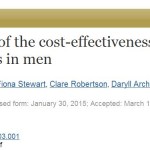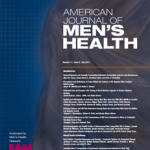Earlier this month the scientific journal Psychology & Health published the paper ‘Effectiveness of client-centred counselling on weight management among Black African women with overweight and obesity in high-income countries: a systematic review’ [1]. This paper is based on the work of Itse Olaoye, a PhD student at St Mary’s University, London. Bournemouth University’s Dr Fotini Tsofliou is part of the student’s interdisciplinary supervisory team together with academics from the Faculty of Sport, Allied Health and Performance Science at St Mary’s University, London.
The message in the paper is that client-centred counselling appears promising for weight management in Black African women with overweight or obesity. Long-term follow-up studies are needed to ensure the sustainability and effectiveness of these interventions in this population over time.
Congratulations!
Prof. Edwin van Teijlingen
Centre for Midwifery & Women’s Health
Reference:
- Olaoye, I., Myrissa, K., Kelaiditi, E., Tsofliou, F., & Brown, N. (2025). Effectiveness of client-centred counselling on weight management among Black African women with overweight and obesity in high-income countries: a systematic review. Psychology & Health, 1–32. [Published online: 11 Mar 2025] https://doi.org/10.1080/08870446.2025.2475161

 Congratulations to Dr. Tsofliou & Prof. Appleton on latest interdisciplinary paper
Congratulations to Dr. Tsofliou & Prof. Appleton on latest interdisciplinary paper Congratulations to Fairbairn, Tsofliou & Johnson
Congratulations to Fairbairn, Tsofliou & Johnson New paper on obesity research
New paper on obesity research “New” FHSS paper on obesity published July 2017
“New” FHSS paper on obesity published July 2017










 SPROUT: From Sustainable Research to Sustainable Research Lives
SPROUT: From Sustainable Research to Sustainable Research Lives BRIAN upgrade and new look
BRIAN upgrade and new look Seeing the fruits of your labour in Bangladesh
Seeing the fruits of your labour in Bangladesh Exploring Embodied Research: Body Map Storytelling Workshop & Research Seminar
Exploring Embodied Research: Body Map Storytelling Workshop & Research Seminar Marking a Milestone: The Swash Channel Wreck Book Launch
Marking a Milestone: The Swash Channel Wreck Book Launch ECR Funding Open Call: Research Culture & Community Grant – Application Deadline Friday 12 December
ECR Funding Open Call: Research Culture & Community Grant – Application Deadline Friday 12 December MSCA Postdoctoral Fellowships 2025 Call
MSCA Postdoctoral Fellowships 2025 Call ERC Advanced Grant 2025 Webinar
ERC Advanced Grant 2025 Webinar Update on UKRO services
Update on UKRO services European research project exploring use of ‘virtual twins’ to better manage metabolic associated fatty liver disease
European research project exploring use of ‘virtual twins’ to better manage metabolic associated fatty liver disease